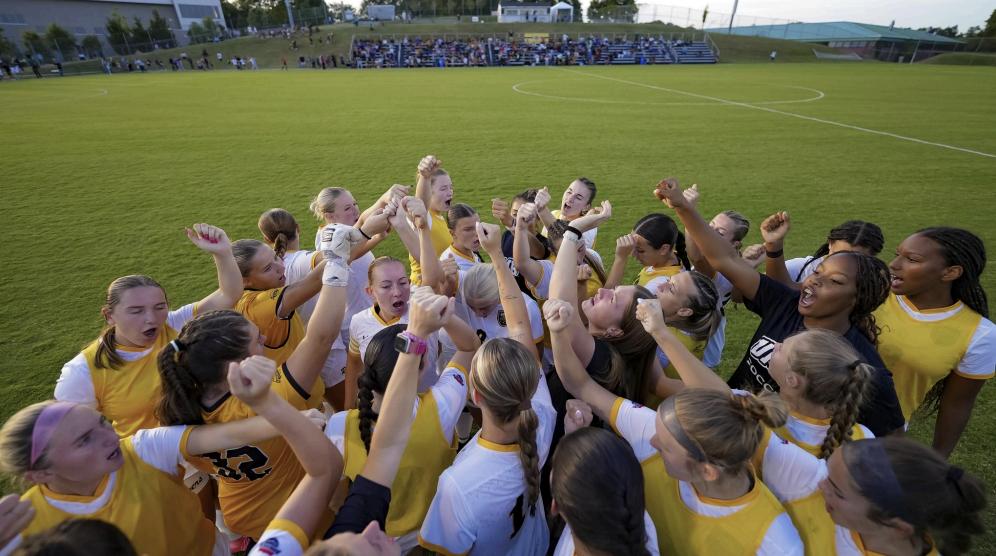“This is the beginning of a number of conversations,” the University of Maryland, Baltimore County’s president Dr. Freeman Hrabowski said during the opening of the Office of Equity and Inclusion’s June 17 town hall, “The Many Faces of Structural Racism: A Campus Conversation.”
Over 600 UMBC students, faculty and staff attended the town hall which hosted five-minute presentations from UMBC professors and staff from the Office of Student Affairs. Attendees submitted questions before the forum and through the Webex live chat which the professors and staff answered at the end of the presentations.
Before any of the presentations began, Director of the Language Literacy and Culture Ph.D. program and town hall moderator Dr. Kimberly Moffitt prepped attendees for possible discomfort in listening to the speakers.
“Speaking of comfort, please know that this is not the focus nor the goal of this session,” Moffitt said. “Human nature dictates to us that change only comes about when we are made uncomfortable.”
Associate Professor of Psychology Dr. Shawn Bediako followed Moffitt by defining structural racism, stating it is “a system of structured opportunity and assigned value based on social consensus.” Bediako explained that, because the system is designed by and for white people, any incremental change is meant to simply distract people from a return to the status quo. To Bediako, without an explicit confrontation with the system of structural racism, UMBC cannot cultivate an inclusive culture.
“We have to be willing to have tough conversations about how structural racism creates [a] structured opportunity that systematically devalues the lives of black faculty, black staff and black students,” Bediako said.
Associate Professor of Political Science Dr. Tyson King-Meadows’ brief recap of America’s long history of disempowering the Black vote further detailed the devaluation of Black people. King-Meadows research also shows that white anti-Black bias is another way America disempowers Black people. His work reveals how white anti-Black bias causes the white electorate to view Black candidates that speak on racial inequality less favorably, preventing Black officials from passing laws to dismantle structural racism.
In addition to Black voter suppression, Assistant Professor of Secondary Education Dr. Keisha Allen showed how the history of the cultural genocide, deculturalization and the general denial of education of Black and other minority children in America supports structural racism. Further, Allen explained that structural racism bleeds into UMBC’s current climate and affects how the university handles racial discrimination.
“So we, as an educational institution, have a moral obligation to get this right for our Black and Brown students, staff and faculty, but then also for the Black, Brown and indigenous people who our students will serve once they leave UMBC,” Allen said.
Director of the Office of Equity and Inclusion Ariana Arnold showed how UMBC’s current climate is not as diverse or accepting as many believe. While the Office of Equity and Inclusion is primarily known for their work in sexual misconduct, they also work with students, staff and faculty that experience discrimination and hate speech. Arnold gave examples of complaints filed with the office, including a student overhearing other students say “Go back to Africa” and a staff member that was repeatedly asked during a presentation if they resembled a black rapper to the point where they could not continue the presentation.
Lisa Gray, Associate Director of Student Diversity and Inclusion from the Office of Student Affairs, stated that it is the same Black and other minority students that are discriminated against that propel UMBC as one of the most diverse and inclusive universities in the country. Gray also acknowledged that these minority students are expected by the administration to do the heavy lifting in making UMBC an accepting campus.
The Director of the Center for Democracy and Civic Life David Hoffman emphasized that white people need to do a better job supporting Black people and other minorities both at UMBC and in their other communities. As the only white person on the panel, Hoffman explained that white people must start carrying more of the burden in dismantling structural racism.
“We all have work to do as white people and it impacts personal work that can never end and it involves being willing to be held accountable, to acknowledge mistakes and to do better and I believe we can and we must do better.”
To Hoffman, learning and understanding the intricacies of structural racism is crucial when voting. Hoffman states that it is only through educating oneself about structural racism that allows one to make a change to dismantle it at the ballot box.
Jasmine Lee, the Director of Inclusive Excellence from the Office of Student Affairs, explained that this educational process must be a daily explicit action. Lee states that structural racism is the status quo and that dismantling it will take constant self-evaluation from everyone.
“Systems and structures don’t just appear, they’re created and they’re maintained by our own action or inaction,” Lee said. “And, so, because we are a part of this very system, if we’re not careful and intentional, we are complicit.”
Hrabowski concluded the town hall by stating that, while UMBC is special and has made strides for racial equity, there is more work to be done.
“I would challenge us all to look in the mirror. This is not a time to be defensive. It is a time to realize that we can be much better,” Hrabowski said. “There is more to do on every level.”
